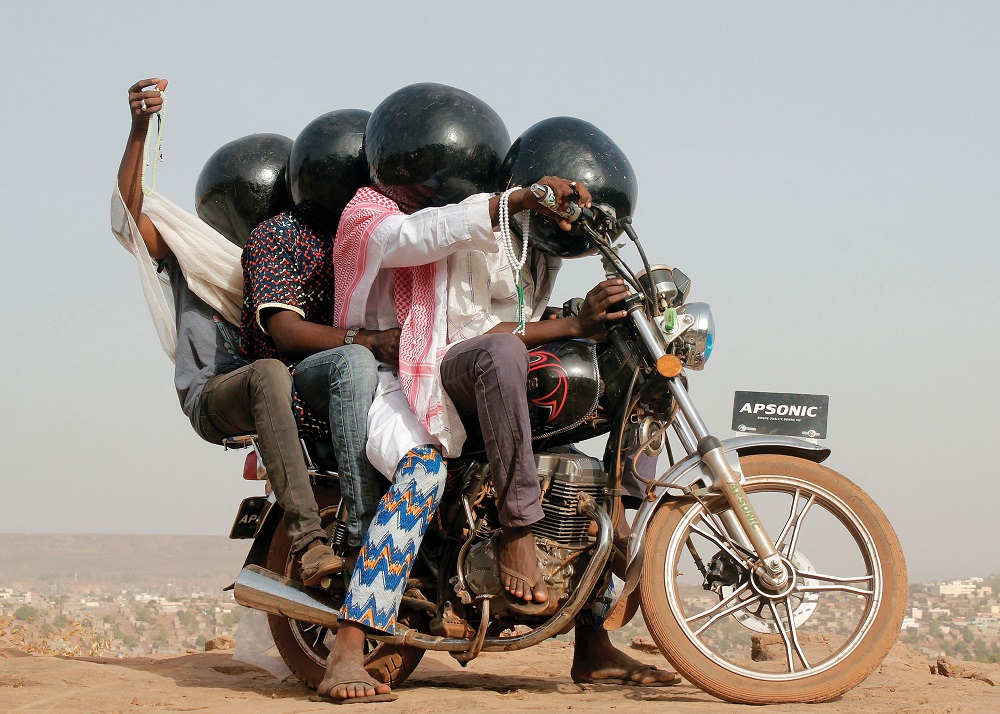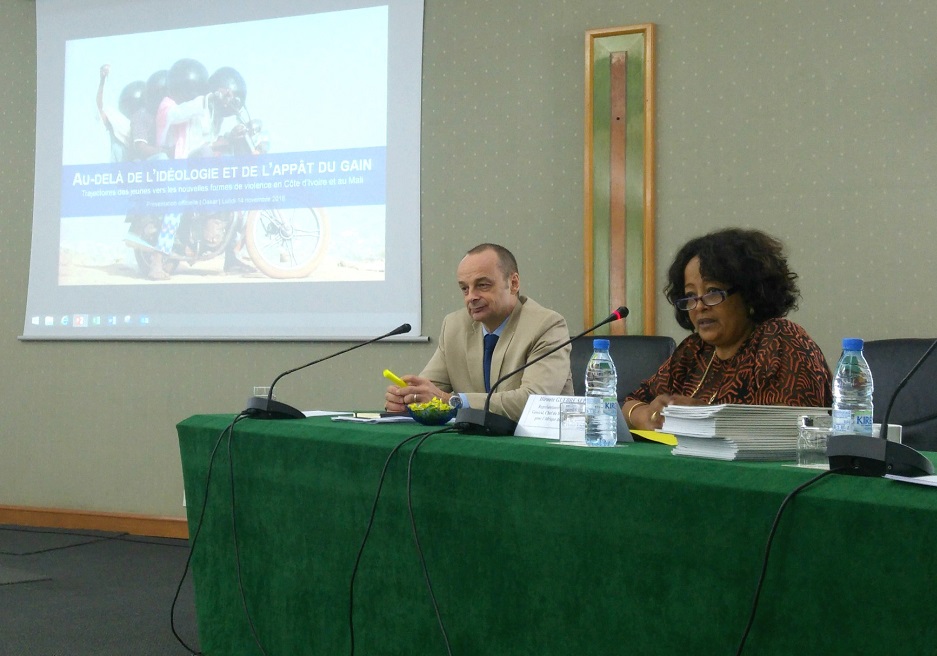Beyond Ideology and Greed - Understanding new forms of violence in Côte d’Ivoire and Mali

“Being forgotten, marginalized, not considered… that’s what generates violence.” Youth from Bouaké, Côte d’Ivoire.
Over the past few years, the Sahel region has faced rising levels of violence. Since 2012, Mali has been greatly impacted by the reactivation of diverse armed groups, who claim to be inspired by a jihadist ideology. In Côte d’Ivoire, new forms of urban violence have started to emerge, despite the end of the country’s armed conflict. To cope with these crises, Interpeace’s Regional Office for West Africa, with its local partners IMRAP et un Indigo Côte d’Ivoire, conducted participatory research to understand the trajectories of young people towards new forms of violence and more specifically the role of education in these dynamics. Over the course of seven months, with the support of UNICEF, the researchers engaged with 741 people from a range of communities in Côte d’Ivoire and Mali.
There is growing international interest and scrutiny of young people’s engagement in new forms of violence. This phenomenon is generally analyzed through lenses of radicalization and violent extremism. As the international community desperately seeks to eradicate it, the factors often described as “structural and root causes” need to be revisited. It is widely believed that unemployment and religious ideologies are pivotal factors that contribute to radicalization and violent extremism in West Africa, but research findings show that these elements are, in fact, secondary. Contrary to common wisdom, young people do not engage in violent activities for negative reasons - against something or for violence itself. Rather, they perceive their engagement as constructive. Elements, such as young people's need to find their place in society, to be recognized and valued in their communities are of paramount importance in explaining their engagement in violence.
“When youth doesn’t recognize itself in society’s values, it looks for landmarks elsewhere”. High level civil servant, Bamako, Mali.
Similar to research conducted in Latin America, dynamics that push young people to join or remain in armed groups are often related to identity, opportunities for social mobility and the security of belonging that comes from being a part of a group. As a young man in the study described: “Someone who only knows how to use weapons. You dump him into the streets, what is he to become?” The research therefore identified a phenomenon of “professionalization of violence,” which describes how young people use violence as a way to gain capital, but more significantly, how they accrue social acceptance and value, through a positive recognition of the violence they perpetrate.
The study also identified that the majority of the population in both countries believes that an educational crisis and a crisis of authority are at the heart of young people's path towards violence. It is widely recognized that family, school and the community are unable to provide young people with the guidance they need. As an older man explained: “We simply raise our children instead of educating them. Because we are more worried about the food and clothes of our children, than of their education.” Therefore, for youth, joining violent groups offers an opportunity to climb the social ladder and to build their identity and self-esteem.
The report “Beyond Ideology & Greed: Trajectories of Young People towards New Forms of Violence in Côte d’Ivoire and Mali,” has been launched in Abidjan on October 26, Bamako on November 2 and in Dakar on November 12. For the regional launch in Dakar, Interpeace, IMRAP and Indigo, were joined by high-level UN officials from diverse agencies, including the DSRSG for the Sahel and West African region, Ms. Hiroute Guebre Sellassie. In her closing remarks, she stated: that the study “exhorts all of us to humility and to challenge received wisdom when trying to understand such complex social issues”.
To learn more about this study and read the recommendations at the social, economic and educational levels, please do refer to the following links:
Full report (in French) Cliquez ici.
Executive summary (in French) Cliquez ici.
Executive summary (in English) Cliquez ici.
Watch documentary films with the findings of this research in French and English.



